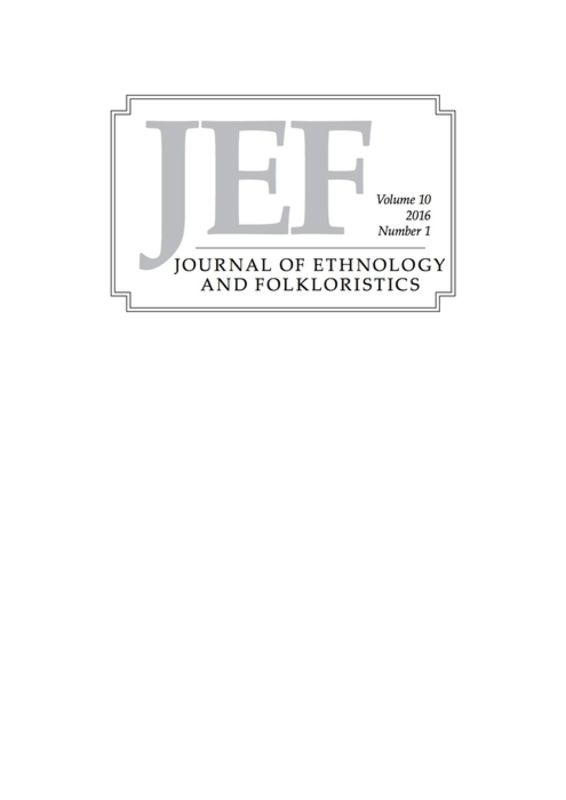Wolves as Enemy of the Soviet State: Policies and Implications of Predator Management in Yakutia
Wolves as Enemy of the Soviet State: Policies and Implications of Predator Management in Yakutia
Author(s): Aivaras Jefanovas, Donatas BrandišauskasSubject(s): Customs / Folklore, Sociology, Environmental interactions
Published by: Tartu Ülikool, Eesti Rahva Muuseum, Eesti Kirjandusmuuseum
Keywords: wolf extermination; Soviet Yakutia; Eveny; Evenki; Indigenous hunters and reindeer herders;
Summary/Abstract: This article gives an overview of wolf extermination endeavours in Soviet Yakutia as part of state ideologies of human dominance over nature in the process of modernisation of the Russian North. The proclaimed wolf extermination was a large-scale operation planned and launched by state authorities in Yakutia involving bureaucratic, finance and human contingents, as well as the available infrastructure. Based on ethnographic research among game managers, wolf hunters and Eveny and Evenki hunting-herding communities, as well as archival materials on Soviet Yakutia, we demonstrate how state goals to eradicate wolves were sometimes unsystematic in practice due to the misuse of state resources as well as the difficulty in accomplishing this objective in remote and difficult to access taiga landscapes. Furthermore, while being involved in wolf eradication campaigns Indigenous communities also retained their vernacular notions of wolves as nonhuman persons with whom they were inclined to maintain neighbourly relations rather than pursue extermination.
Journal: Journal of Ethnology and Folkloristics
- Issue Year: XVII/2023
- Issue No: 2
- Page Range: 80-99
- Page Count: 20
- Language: English

